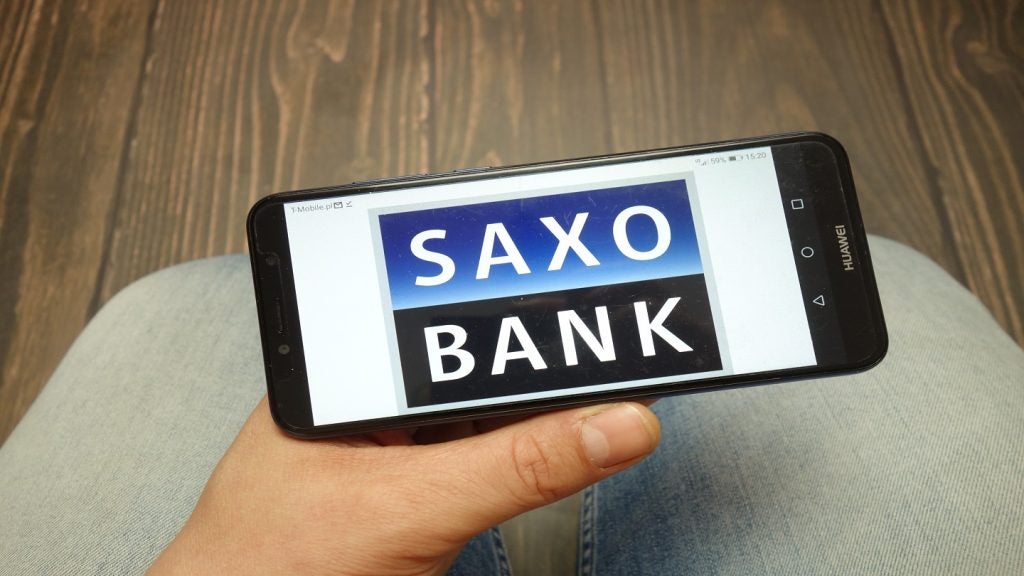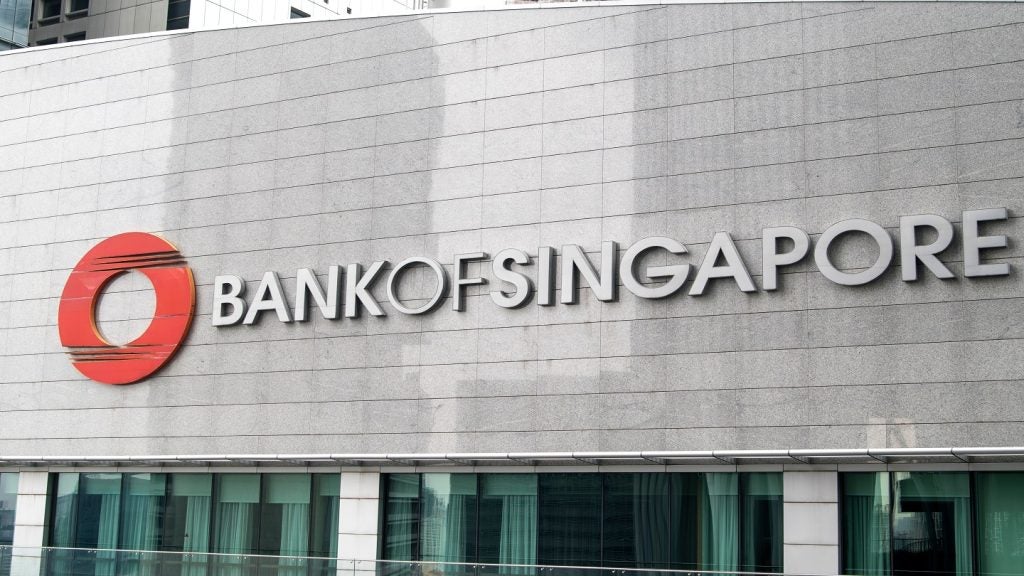On 28 October, top financial institutions in Liechtenstein held the first ever Islamic finance conference in this central-European microstate. Aiming to attract wealthy Muslims to its private banks and become an attractive financial hub, Liechtenstein is examining the challenges and opportunities to build its Islamic finance infrastructure and Sharia-compliant product range. Valentina Romeo investigates
It could take many years of work, political will, robust financial infrastructure and clarity of regulatory frameworks to create thriving centres for Islamic finance.
However, Liechtenstein, the 37,000-inhabitants-strong principality, with its enduring political and economic stability aims to be at the forefront of the developments in the Islamic finance space.
Dr Urs Philipp Roth-Cuony, chairman of the board of directors at Liechtenstein’s regulator, Financial Market Authority (FMA), tells PBI that though Liechtenstein is a "very small financial centre", it is quite diversified at the same time.
"We have all types of financial intermediation, from banking and insurance to investment funds and trust businesses."
Roth-Cuony adds: "Liechtenstein has already positioned itself as a financial market that caters for clients who look for responsible investments. It was a natural process to look into Islamic finance as one type of responsible intermediation."
On 28 October, the leading financial bodies of Liechtenstein held the debut Islamic finance conference in the country. As discussed at the conference, FMA will explore tax and legal amendments to facilitate Sharia-compliant wealth management in the country, including aspects of inheritance and corporation law.
The principles underlying Islamic finance – based on banning interest payments and investments in anything that Islam does not permit such as alcohol, gambling, pork – are ancient. Banks only started offering Sharia-compliant products in the mid-1970s. However, its industry assets are predicted by Bank Negara Malaysia to more than triple to $6.5trn by 2020.
New goals
Liechtenstein’s decision to enter client information exchange agreements with five European countries in 2013 and sign a treaty with the US were decisive steps towards moving away from its tax-haven repute, according to Simon Tribelhorn, CEO of the Liechtenstein Bankers Association (LBA).
According to LBA’s data, the nation’s lenders managed CHF120bn ($126bn) in 2013 – a significantly lower amount compared to CHF171bn in 2007.
Unsurprising, then, that Liechtenstein is pushing for change and promoting itself as a centre of socially responsible investing.
Tribelhorn tells PBI: "As a consequence of the whole discussion around secrecy I think a small financial centre has to be open to new ideas if it wants to be internationally-oriented."
Liechtenstein has a niche market for wealth management in Europe and it offers efficient as well as reliable banking services. According to Christof Buri, head marketing & communications at LGT, Liechtenstein’s biggest bank, Liechtenstein could be viewed as an "ideal jurisdiction in Europe to lead Islamic financing capabilities".
Home and beyond
Buri says Liechtenstein has experienced an increased appetite for Sharia capital for some time already. He further adds: "We mainly target wealthy families and individuals from various jurisdictions around the world and have seen that the appetite for Islamic products is not limited to Muslim clients."
With the manufacturing and financial sectors contributing 40% and 28% to Liechtenstein’s GDP respectively, FMA’s Roth-Cuony believes the jurisdiction appeals to Islamic customers from various countries in South East Asia and the Middle East.
The number of individuals in the Middle East with $30m or more in wealth is expected to grow by 35% through to 2023, according to Knight Frank.
The three biggest banks in Liechtenstein – LGT, LLB, and VP Bank – account for approximately 80% of the country’s private banking market. LGT Private Bank, owned by the principality’s royal family and currently managing $120bn in AuM, is in a favourable position as it has links to the Middle East through operations in Bahrain and Dubai.
LGT currently employs approximately 20 people in the Middle East and has been growing its operations "nicely" since the launch of its Dubai office two years ago. The bank expects an ambitious, double-digit growth rate for the next five years in its Middle East business.
Buri says: "To provide high quality service to our clients, a strong local presence in the Middle East is important for us. Our open architecture model allows clients to invest in a wide range of products and services globally."
Nascent stages
Though it is early to talk about actual challenges, the main focus for regulators is the integration of Liechtenstein’s financial intermediaries with Islamic banking rules.
"We have an advanced and flexible trust and foundation law. We certainly have to adapt to that to satisfy the needs of Islamic clientele and then ease all the questions related to taxation. We are really at the beginning of the evaluation at this time," Roth says.
Going forward, it is for market participants to come up with ideas around the growth of Islamic finance so that the FMA can assess what more needs to be done, Roth-Cuony adds.
Tribelhorn concludes: "If you want to offer certain services, they have to fit with your mentality and culture not just the financial framework. It is important to highlight that the approach of Islamic finance fits with the moral and ethical values in Liechtenstein."
|
Many players have been rushing to cater to the Muslim wealthy by offering Sharia-compliant services. However, no single country or jurisdiction has yet emerged as ‘the’ global Islamic finance centre. Bahrain and Malaysia are mature markets for Islamic finance offerings. In the UAE, Dubai is often referred to as the capital of Islamic finance. Iran, Indonesia, Qatar and Saudi Arabia hold substantial pool of the global intellectual and financial capital in the Islamic space. Also noteworthy is Turkey. In August 2014, its largest state-owned bank, TC Ziraat Bankasi AS, announced plans of adding an Islamic finance unit. The Turkish government is encouraging other banks to do the same. South Africa is the most recent entrant in the issuance of Islamic bonds or sukuk. Other centres among non-Muslim countries are the UK, already with six Sharia-compliant financial institutions – for a total of $19bn assets. Hong Kong has debuted the issuance of sovereign sukuk products and Singapore is strengthening its Islamic finance focus. Luxemburg has also launched its own sovereign sukuk. African countries such as Kenya, Nigeria, Egypt, Tunisia and Morocco to name a few, are readying the grounds for Islamic finance but currently the sector is largely underdeveloped |
|---|







